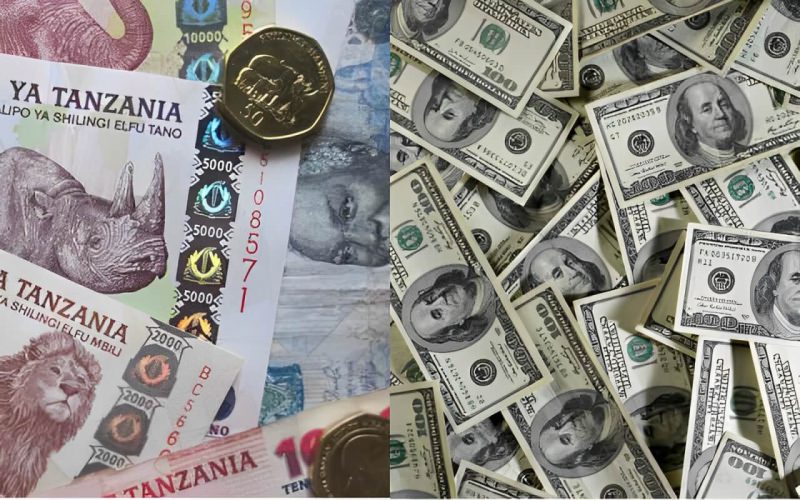Tanzania’s dollar ban took effect on March 28, and right now businesses are adjusting to the new requirement that all local transactions must be conducted in Tanzanian shillings only. This ban prohibits any businesses from pricing, advertising, or even accepting payments in any foreign currency within the country, which is quite a significant change for many merchants and service providers.
Also Read: Morgan Stanley Endorses Ripple as Viable SWIFT Alternative for Banks
How East Africa’s De-Dollarization Is Reshaping Currency Policy


Tanzania Implements Complete Ban on Local Dollar Transactions
The Bank of Tanzania officially banned the dollar on May 2 as per the new regulations set in March. Among these regulations, companies cannot accept any foreign currency and they cannot reject shillings as mode of payment, and the Bank has issued all these regulations to organizations that used dollar mostly. Foreign currency contracts are also not out of the reach of the authorities and now bear rather severe limitations.
The Cabinet has banned the signing of new contracts or renewal of contracts that involve payment in foreign currency after March 2025. The authorities will not allow new parallel dollar contracts but will only allow existing ones for the period of time they determine.
Economic Context Behind the Decision
The foreign currency ban coincides with an interesting shift in the shilling’s performance on international markets. After experts recognized the shilling as the world’s top-performing currency in late 2024 with an impressive 9.51% gain, the shilling has since weakened by about 3.6% against the dollar between April 2024 and April 2025.
Despite this recent decline, Tanzania’s reserves remain quite strong at around $5.6 billion, which is enough to cover approximately 4.5 months of imports. Tanzania’s dollar ban appears to be part of broader measures to protect these reserves and stabilize the currency over the long term.
Also Read: New Bitcoin Treasury Giant Lets You Trade BTC for Stock Tax-Free
Impact on Other EAC Nations
The EAC currency policy landscape is rapidly shifting following Tanzania’s bold move. Kenya’s monetary authorities have already signaled their interest in implementing stricter forex rules, and at the time of writing, other East African Community members are also closely monitoring these de-dollarization trends in Africa.
Tanzania’s dollar ban reflects a growing regional interest in strengthening local currencies and reducing dependency on the US dollar. Central banks across the EAC hope that such measures will improve the effectiveness of their monetary policies and also give them more control over their economic destinies.
Economic Outlook
Tanzania’s economy grew by approximately 5.5% in 2024 alongside improved fiscal balances, which is pretty impressive given global economic challenges. Inflation also remained relatively low at 3.1%, well below the Bank of Tanzania’s target of 5%.
Experts expect the foreign currency ban to further strengthen the domestic economy in various ways. Meanwhile, Kenya’s forex rules may tighten in response to Tanzania’s initiative, potentially creating a domino effect across the region as EAC currency policy continues to evolve.
Also Read: Top 3 Cryptocurrencies You Could Watch This Weekend
The de-dollarization trend in Africa continues to gain momentum these days, with Tanzania’s bold move potentially setting an important precedent for other nations that are concerned about excessive dollarization of their economies.





